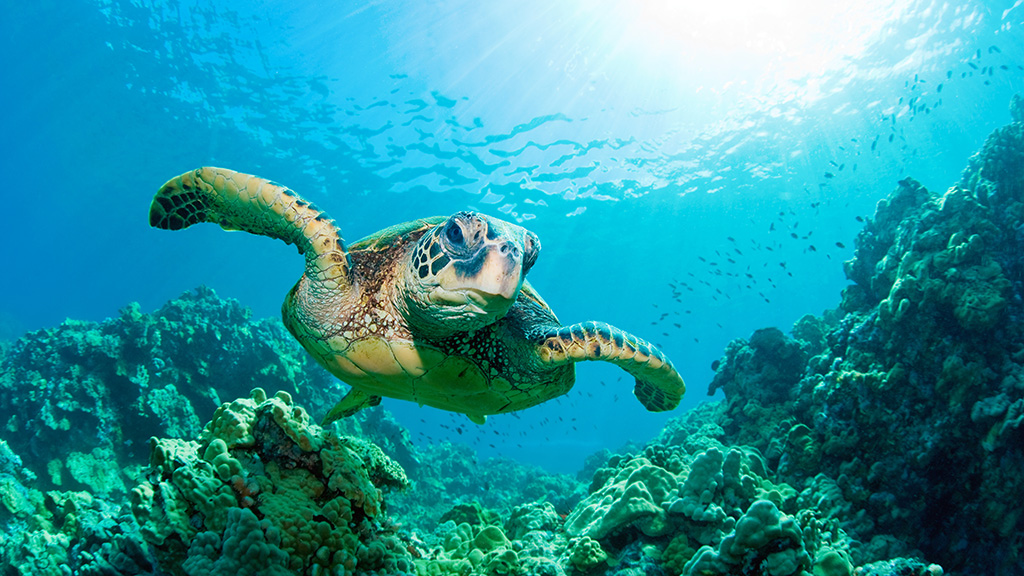Abstract
This interrupted case study focuses on a biological phenomenon known as temperature-dependent sex determination to guide students through the scientific method. Using the endangered green sea turtle, Chelonia mydas, as a model, students prepare for class by completing a background reading and question set for homework. Once in class, after a brief review of their homework assignment, students work in small groups to critically evaluate evidence and develop their own hypotheses and experimental design to test the effects that temperature may have on the sex ratios of green sea turtle hatchlings. Using published studies, students develop their own research question, interpret data, and infer conclusions with an emphasis on describing future implications of climate change on the survival of the green sea turtle. Designed for lower- to upper-level undergraduate students, this case study can be used in any biology, environmental science, or ecology course as an exercise for students to critically review scientific literature and develop their skills in proposing hypotheses, making predictions, designing experiments, and proposing solutions to real-world problems.



